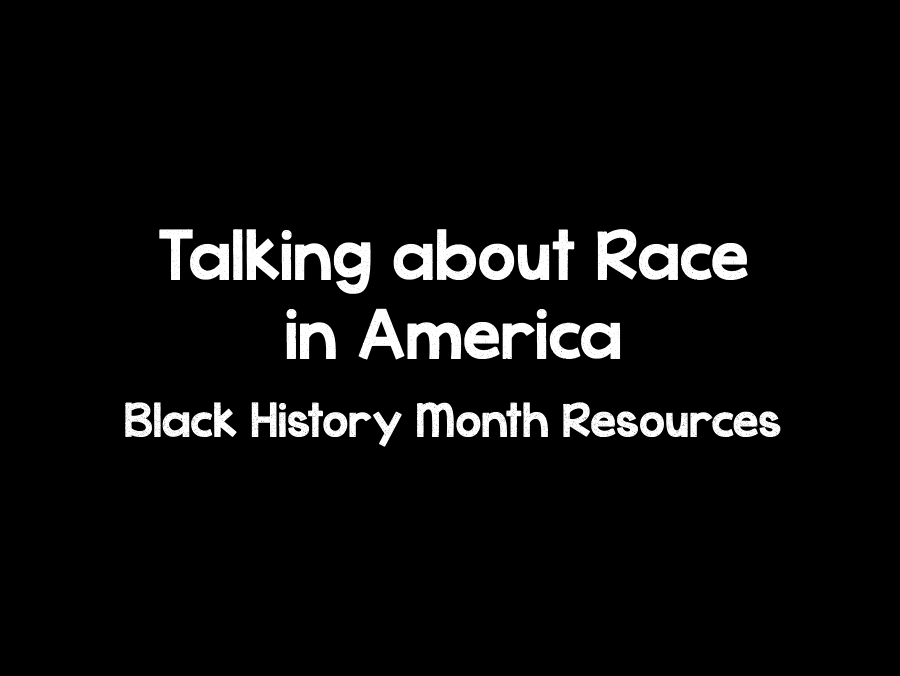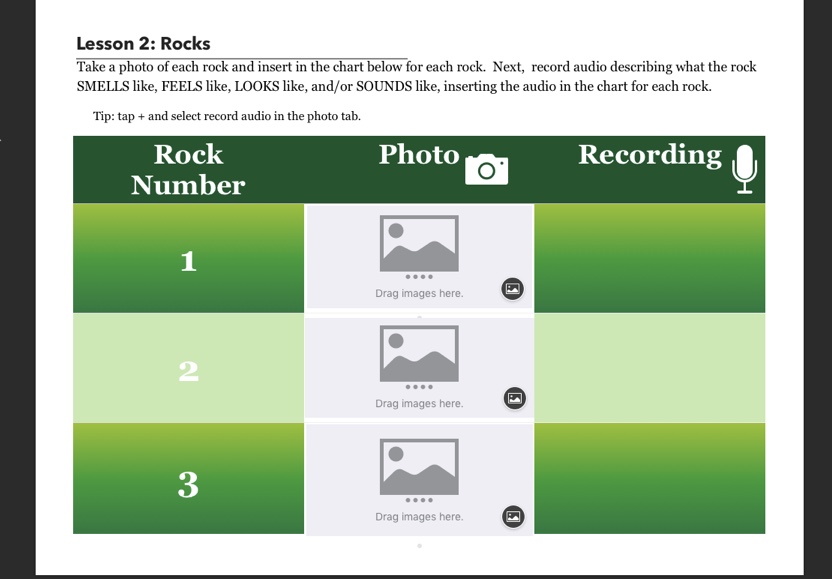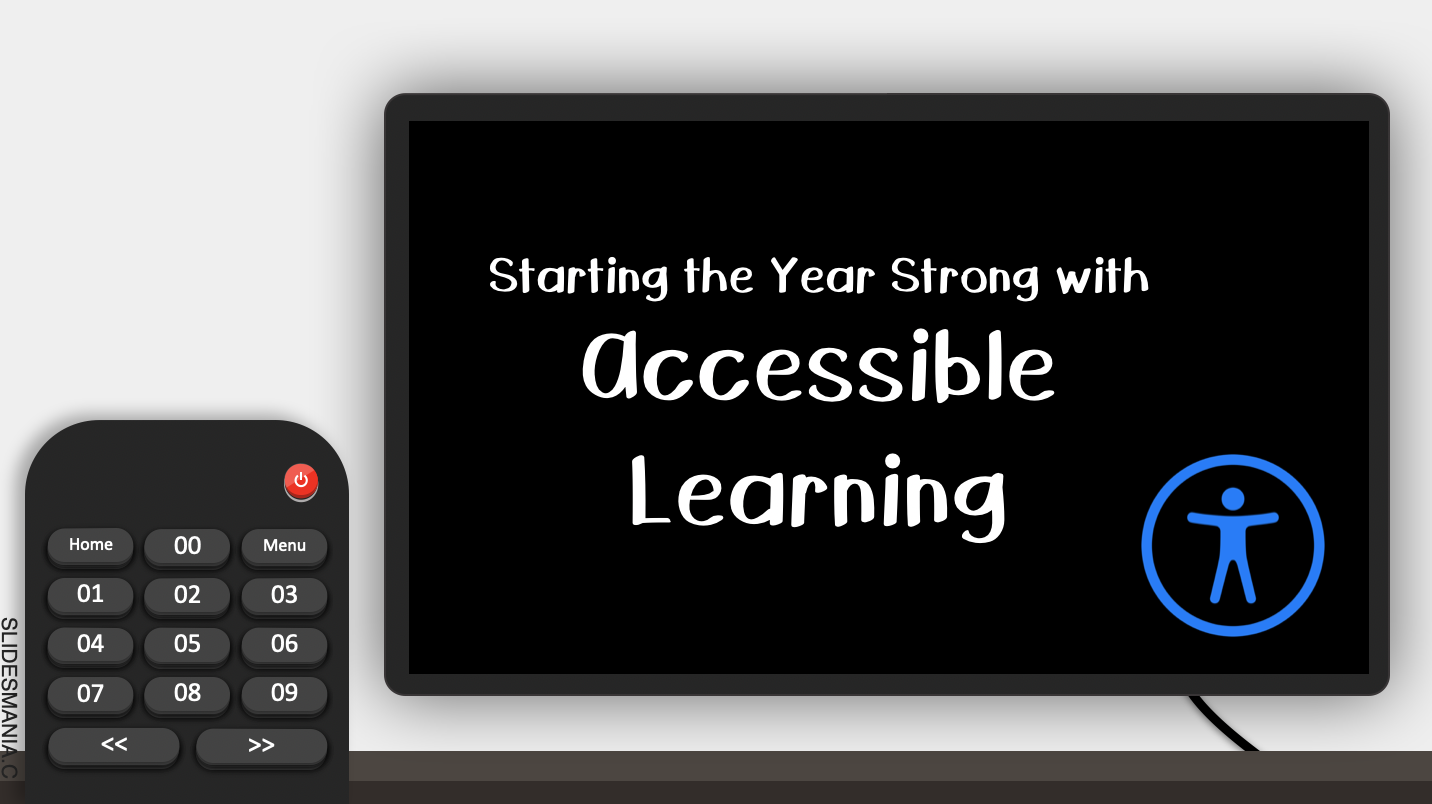Black History Month
“We may be uncomfortable talking about race, but we can no longer afford to be silent. We have chosen a profession that—like parenting—requires us to put our comforts second to those of children.”
Jamilah Pitts
As February approaches, so does Black History Month. As we spend this month learning more about Black history, keep in mind that Black history did not begin with American slavery and end with the Civil Rights Movement. Black history has deep ancestral roots leading back far beyond the beginning of our country. Do your students know that thousands of years before American slavery, African kingdoms like the Axum empire ruled? Do they know that nearly 300 years before American slavery, Mansa Musa, who ruled what is now modern-day West Africa, was arguably the richest man in all human history? People of African descent have contributed to the culture of the United States, from literature to aeronautics, music and communication. Black people created. They built. They were revolutionaries. Take time this month, and every month, to explore with your students more that makes black history not a tragedy but a celebration.
If you are looking for ways to talk about race in America in your classroom this upcoming month, or any month, take a look at some of the resources found below.
Educational Articles
For Our White Friends Desiring to Be Allies
“Author’s Note: I’m writing this in hopes that it can be used to lighten the load of marginalized folks, keeping in mind that not all marginalized people want to engage in the ally conversation, and that is perfect as well. For those who do, my prayer is that when someone asks you the question, ‘How can I be a stronger ally?’ you might choose to save your breath/energy and send this in its place.”
Teaching Tolerance Articles (*Updated as of 2024: now titled Learning for Justice)
Unfamiliar with TeachingTolerance.org? (Learning for Justice) Learn more about their mission and vision here.
Five Ways to Avoid Whitewashing The Civil Rights Movement
“Going beyond feel-good narratives and examining context helps students learn a fuller and more accurate account of black history, including the often-oversimplified history of the civil rights movement.”
The Do’s and Don’ts of Teaching Black History
“How do you ensure students get the most out of black history and Black History Month? Here are some suggestions.”
Black LGBTQ History: Teachers Must Do a Better Job
“Our curricula should not present a narrow, monolithic narrative about black history that omits certain voices and identity groups, such as LGBTQ individuals.”
Resources to use in your classroom
Black History Learning Gallery
Grade Level: 4th-12th
Utilize this resource to allow students to explore read-alouds, novel recommendations, websites, and videos to learn more about Black history. Students engage in choice projects that can help guide their learning.
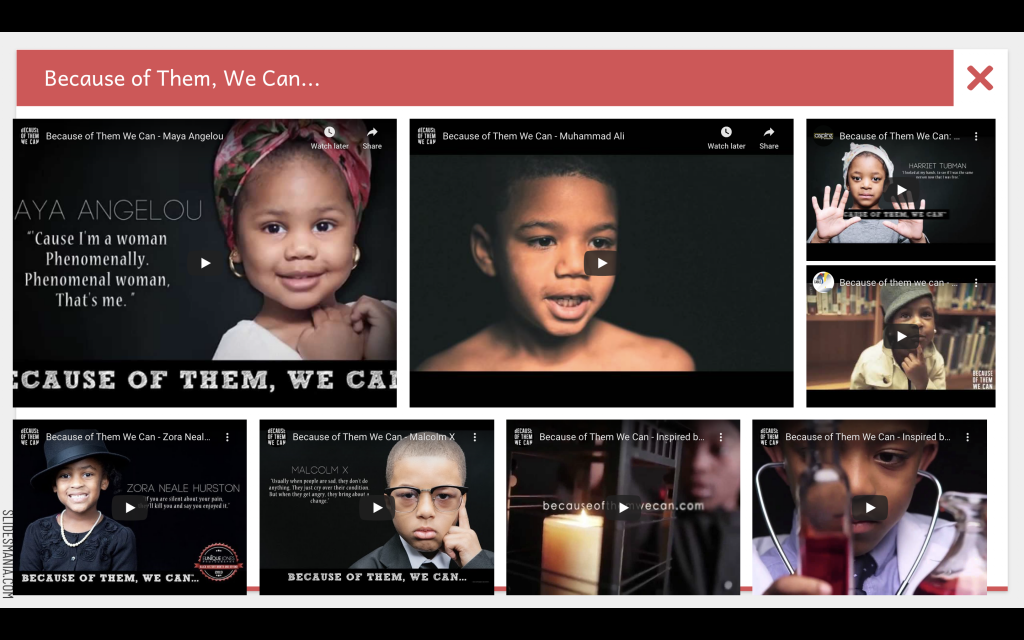
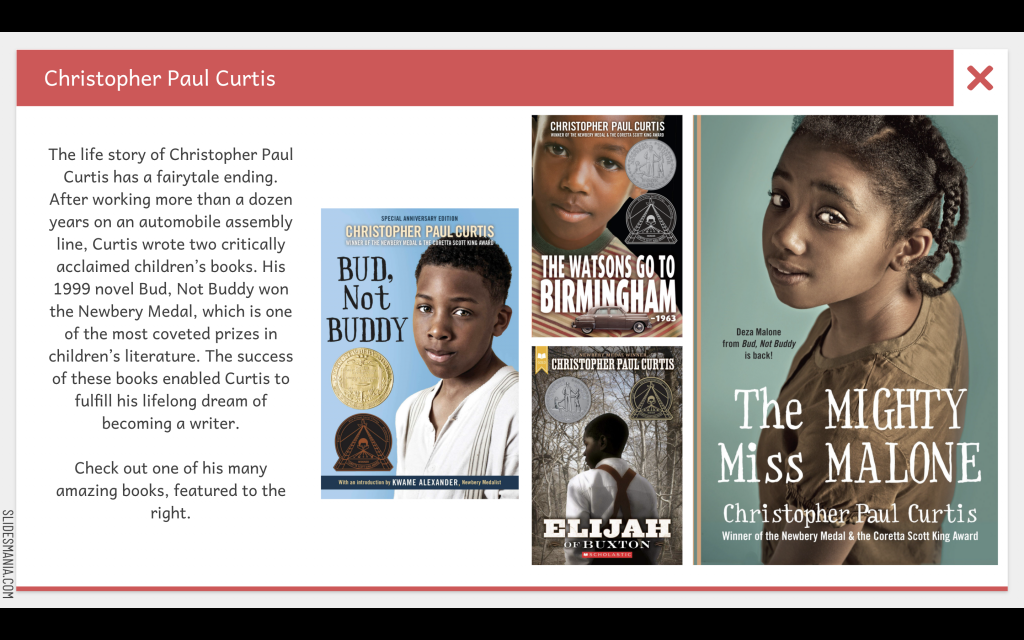
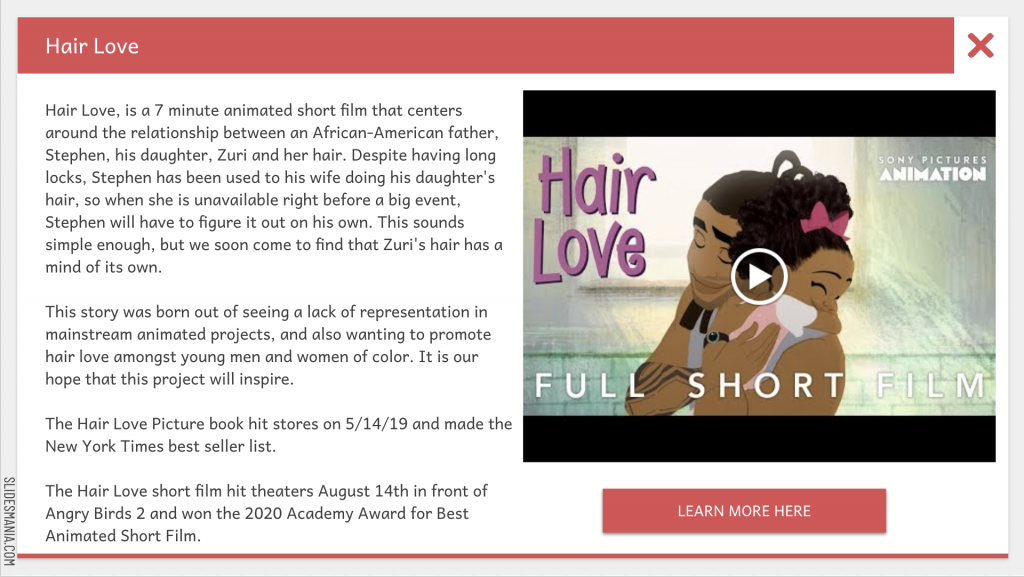
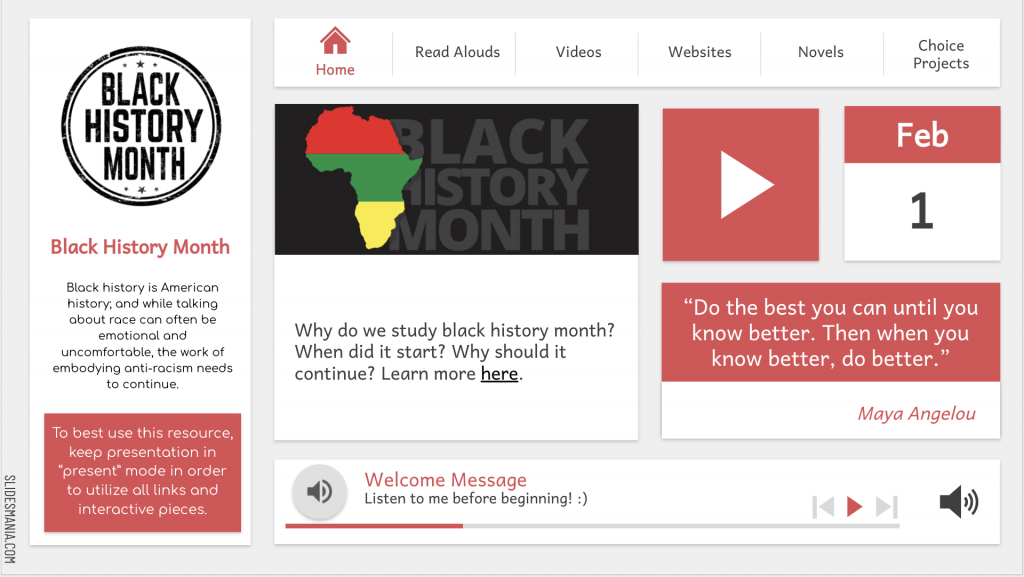
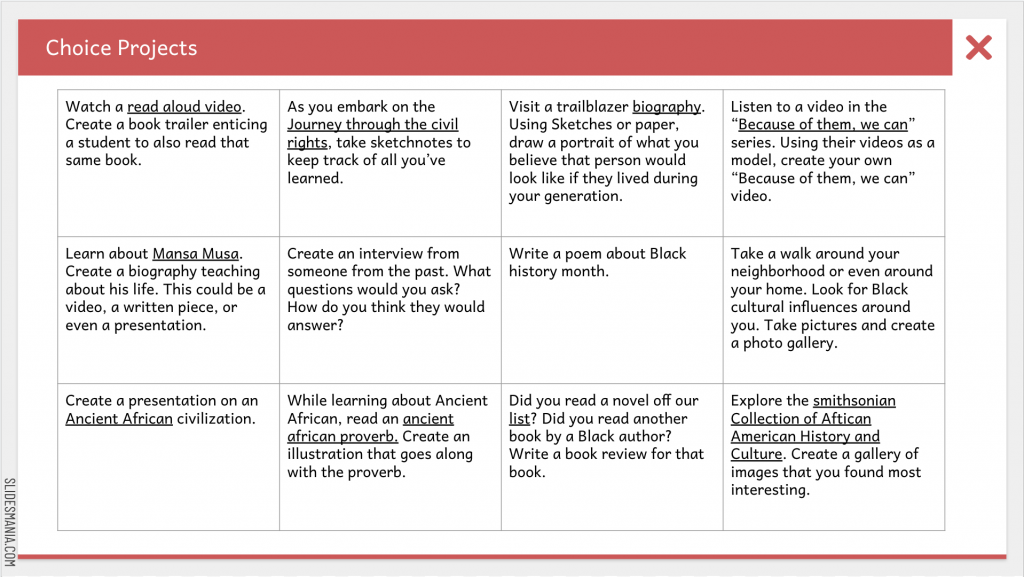
Taking Action on Racial Equity and Justice – Discussion Guide and Workbook
Grade Level: 4th – 12th
Utilize this discussion guide in your classroom to help your students become problem solvers and to address issues in their own communities.
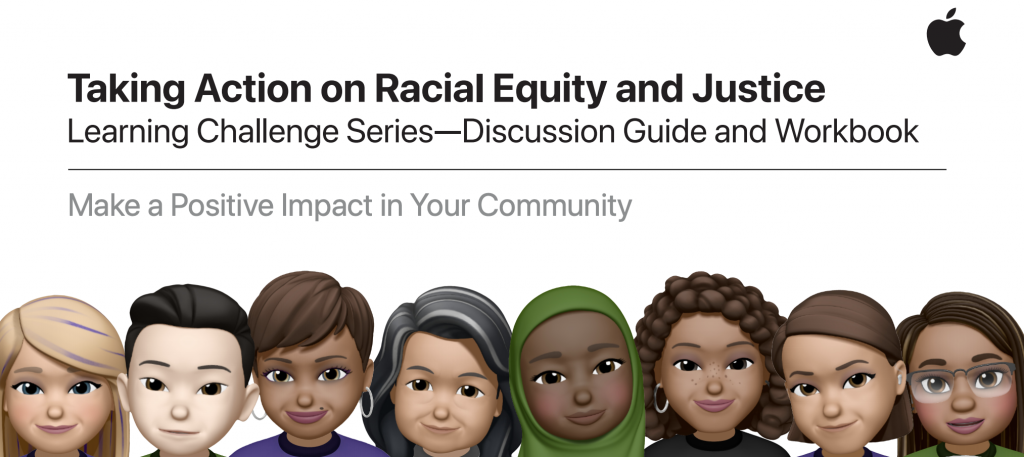
Black History Month Read Alouds – Seesaw Activity
Grade Level: Kinder – 6th
This seesaw activity includes links to 15 different picture books read aloud. It also includes pages where students can give a video reflection of a book they listened to and enjoyed.
Amanda Gorman – The Hill We Climb
Grade Level: 4th-6th – Seesaw activity
Grade Level: 7th-12th – Google slides activity
Meet Amanda Gorman, the youngest inaugural poet in U.S. history. Learn more about our poet, how she came to write “The Hill We Climb”, and explore another poem by Gorman titled “The Miracle of Morning”. Adapted from this NY Times lesson.
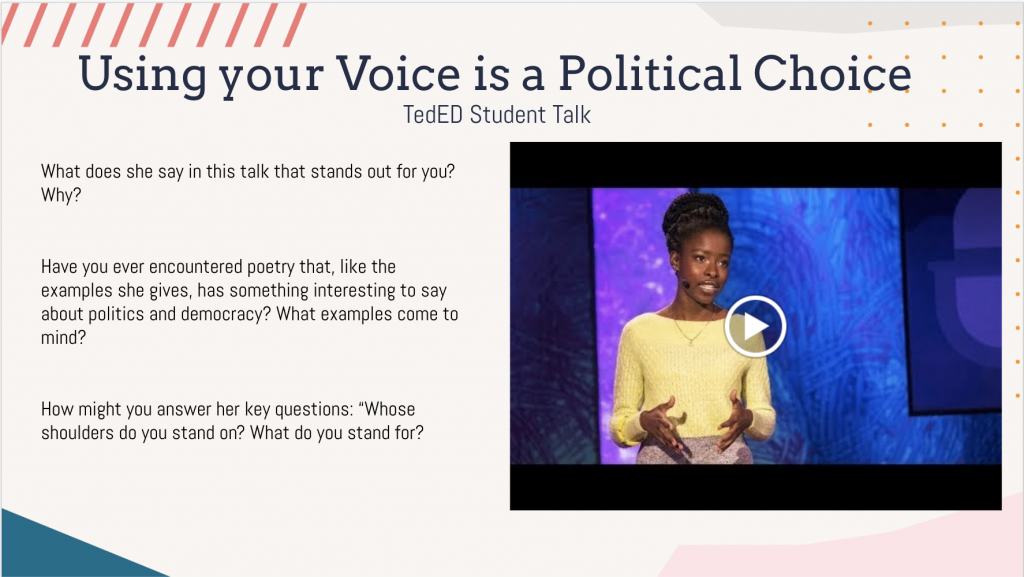
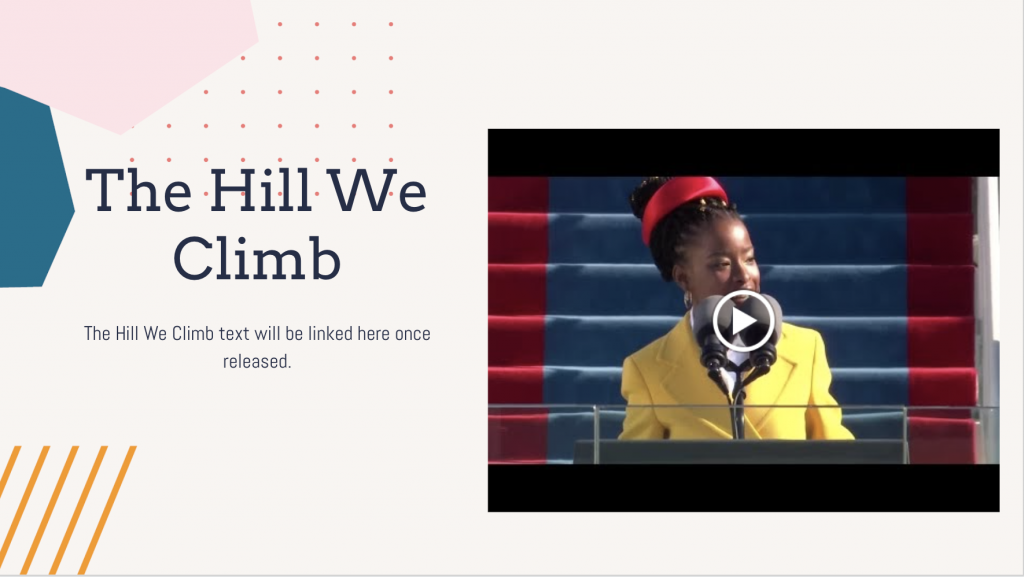
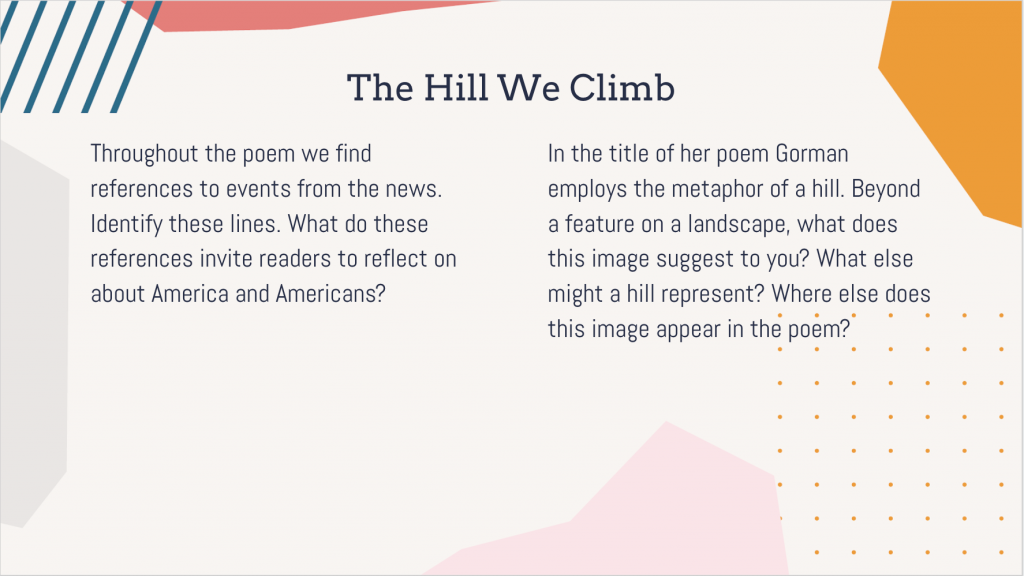
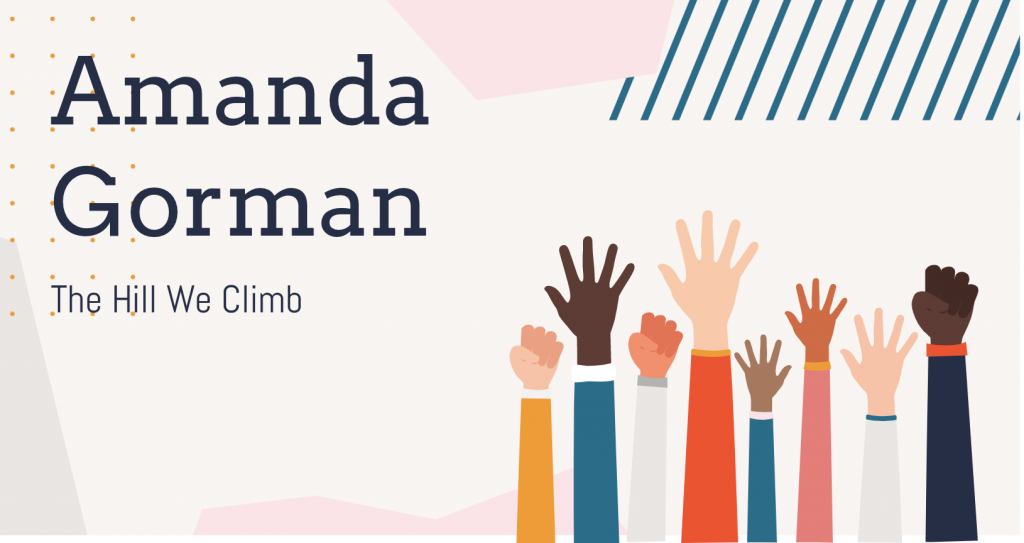
Book Lists
Favorite Books for Black History Month (or all year long!)
Confronting anti-Blackness: books by Black authors
Children’s books to support conversations on race, racism, and resistance
Black History is American History
While we hope you use this month to continue celebrating race and diversity in America, we also implore you to not stop when February ends. Black history is American history; a history that doesn’t make complete sense without the history and contributions of Black people embedded throughout. Black history began before America and has continued to this day. It intersects every period of history and can fit into every unit you teach.
Black history is American history, and while talking about race can often be emotional and uncomfortable, the work of embodying anti-racism in education needs to continue.
